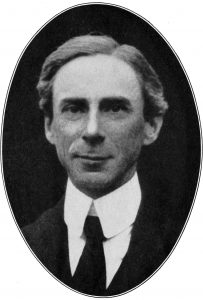Academic freedom is the conviction that the freedom of inquiry by faculty members is essential to the mission of the academy as well as the principles of academia, and that scholars should have freedom to teach or communicate ideas or facts (including those that are inconvenient to external political groups or to authorities) without being targeted for repression, job loss, or imprisonment.
Academic freedom is a contested issue and, therefore, has limitations in practice. In the United States, for example, according to the widely recognized “1940 Statement on Academic Freedom and Tenure” of the American Association of University Professors, teachers should be careful to avoid controversial matter that is unrelated to the subject. When they speak or write in public, they are free to express their opinions without fear from institutional censorship or discipline, but they should show restraint and clearly indicate that they are not speaking for their institution.[1] Academic tenure protects academic freedom by ensuring that teachers can be fired only for causes such as gross professional incompetence or behavior that evokes condemnation from the academic community itself.[2]

![Academic freedom noam-chomsky[1]](https://cognitive-liberty.online/wp-content/uploads/noam-chomsky1-200x300.jpg)

![Barack Obama - Freedom is not free e835b20a29fd1c3e815b410cee45449efe76e7d110b9164296f0c7_640[1]](https://cognitive-liberty.online/wp-content/uploads/e835b20a29fd1c3e815b410cee45449efe76e7d110b9164296f0c7_6401-240x300.jpg)

![KUBARK - U.S. Army Torture Manuals eb34b30820f6083ecd0b4401ef444f94eb6ae3d01db2144795f9c070_640[1]](https://cognitive-liberty.online/wp-content/uploads/eb34b30820f6083ecd0b4401ef444f94eb6ae3d01db2144795f9c070_6401-300x300.png)
![The enemies of freedom iur[1]](https://cognitive-liberty.online/wp-content/uploads/iur1-272x300.jpg)

